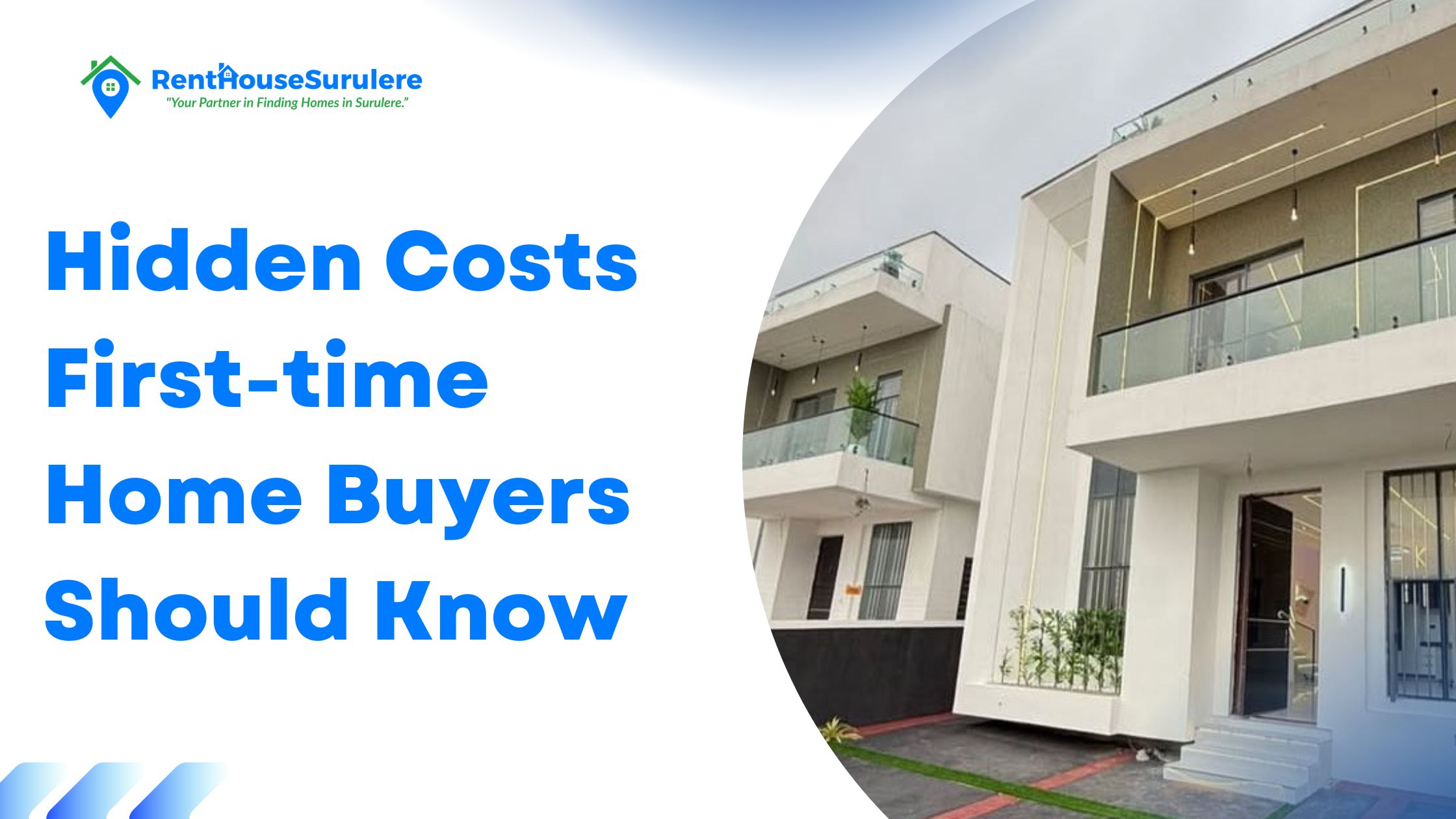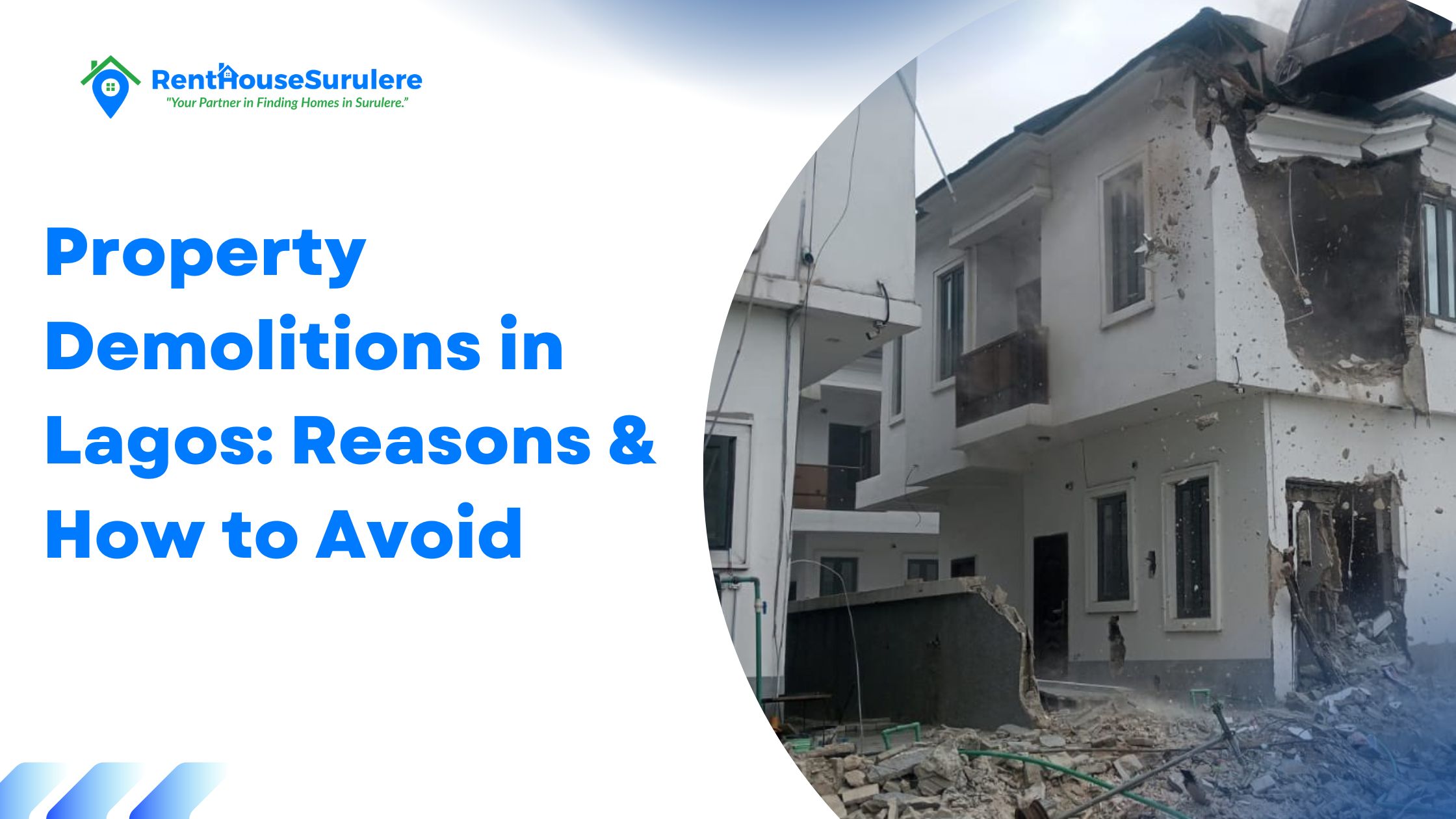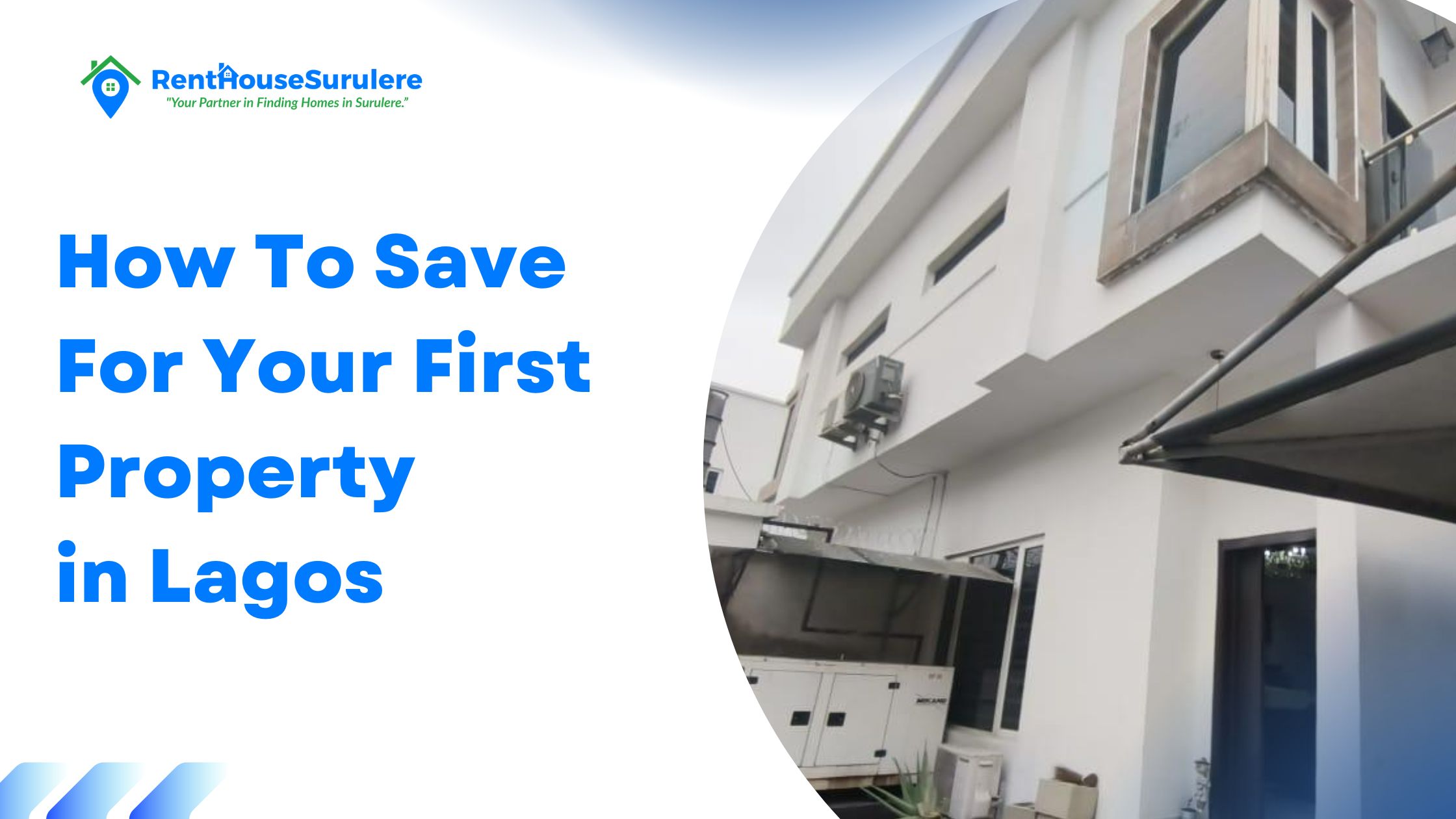If you live in Lagos, chances are that you have heard of Ojuelegba, and probably used the route commuting to and fro the island and mainland or within the mainland. Especially if you live around Surulere, Yaba, and Mushin; Ojuelegba will always be a route for you.
Ojuelegba is a popular area in Surulere local government area in Lagos state. It’s one of the busiest parts in Surulere and Lagos, known for its traffic congestion and busy nightlife.
This article will explain what “Ojuelegba” means, the history, and Ojuelegba today.
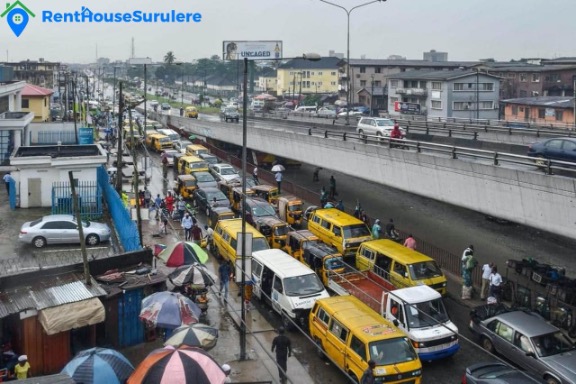
Table of Contents
ToggleMeaning of Ojuelegba
“Ojuelegba” can be translated into different meanings. Literally, it means “Eyes or Face of Elegba,” “Oju means “Eye or Face” and “Elegba” is a Yoruba deity.
“Elegba,” also known as “Legba” or “Elegguá,” is one of the Orisha deities and refers to the owner of the roads and doors in this world.
It’s also recognized in Haiti, the Dominican Republic, Colombia, Puerto Rico, Mexico, and Cuba.
This deity stands at the crossroads between the human and the divine, acting as a messenger between both world
The shrine of the “Ẹ̀shù Elegbua” was formerly located in a forest, this present-day Ojuelegba. Right under the Ojuelegba bridge, the Aworis worshiped the Láàlu ogiri òko- a deity that oversees order and enforces laws.
This shrine was made of red earth and stones and adorned with cowries, which served as the god’s eyes and mouth. The people pour daily sacrifices into the eyes and mouth as worship.
The shrine is now located at the South of Ojuelegba roundabout, with the writing “Oju-Ibo Elegba,” now shortened as “Ojuelegba.” Thus Ojuelegba can also be translated into “Shrine of Ojuelegba.”
Some people also translate “Ojuelegba” to mean “Eye of the canoe owner.”
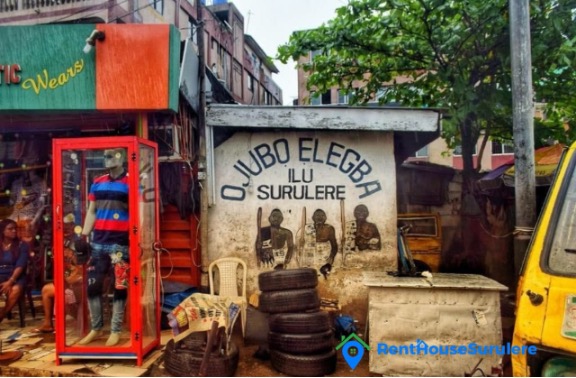
History of Ojuelegba
Ojuelegba is one of the suburbs in Surulere that has a rich history. The “Aworis” who worshipped the Láàlu ogiri òko are regarded as the first inhabitants of Ojuelegba.
Before the urbanization of Lagos in 1851, Ojuelegba was a forest like many other places in Lagos. It was in the forest that the Aworis worshiped their deity.
When urbanization came, the deity was moved several times until its present location, south of the roundabout.
In the 1970s through the early 1990s, Ojuelegba became a camp for crime and active nightlife.
The popular Fela shrine, which was first located at Afro Spot at Alagomeji, Yaba, and then, “The Empire in Mushin” at that time made Ojuelegba very busy, noisy, and unsafe. Fela shrine is now located at Pepple Street in Ikeja.
There were lots of brothels then, making prostitution common, and robbers attacked during the day and at night.
Although efforts were made in the 90s to reduce the crime rates and prostitution, the areas are still common for prostitutes.
Also, Ojuelegba is a common route for commuters within Surulere, Yaba, Mushin, and the surrounding areas. It also connects to the busy Apapa-Wharf shipping yard through Ikorodu, Agege, Yaba, Mushin, and Surulere.
This phenomenon makes it a very busy route, contributing to the then and present-day traffic congestion.
In 1975, Fela sang “Confusion,” depicting Ojuelegba. Wizkid and Oritse Femi also released a song about Ojuelegba in 2014 and 2022, respectively.
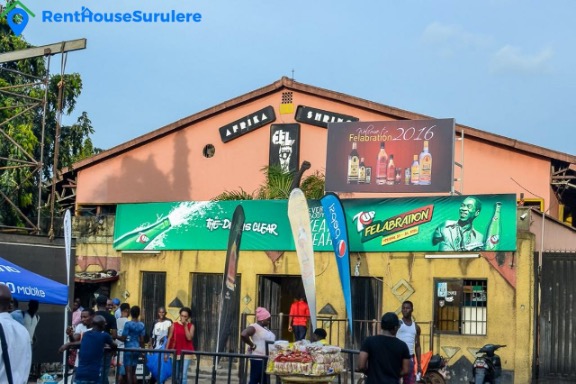
Ojuelegba Today
Ojuelegba today is still a busy suburban area in Surulere, well-known for its heavy traffic and active nightlife.
It’s the home of numerous yellow buses that ply the road transporting people to different parts of Surulere and Lagos. Okadas, the popular motorcycles, and Kekes (tricycles) also ply the environs.
Ojuelegba’s major landmark is the “Ojuelegba Flyover Bridge” which links to the National Stadium from Ikorodu Road.
The popular Tejuosho Market, which caught fire in 2007, is located on the Ojuelegba-Itire Road in Yaba. It’s close to the Ojuelegba Bridge. People in Ojuelegba can easily get there to get whatever they want from clothes to food items. The complex also houses banks.
Ojuelegba is also a commercial area, with lots of businesses lining the streets, from transport, schools, beauty, health, and food to communication companies.
People also rent houses in this part of Surulere and it offers budget-friendly options compared to upscale areas like Bode Thomas and Eric Moore.
Want to Know More About Surulere?
This article has provided the meaning of Ojuelegba, including its history and its current state.
If you want to know more about Ojuelegba and Surulere at large, including how to rent a space or buy a property, contact US on WhatsApp.
RentHouseSurulere is committed to answering all your questions about Surulere.


